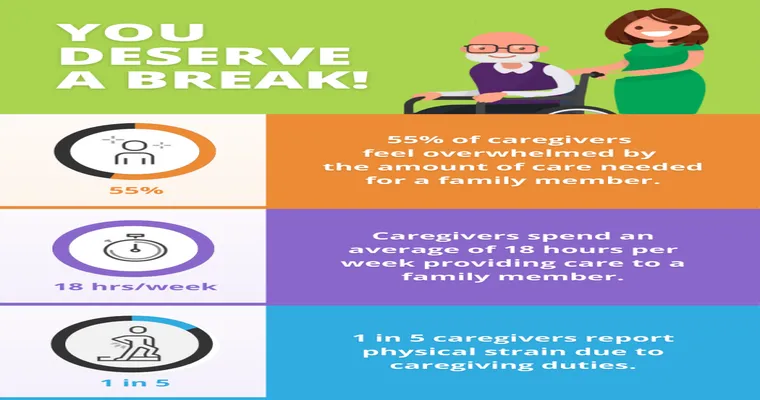Finding "emergency housing" for an "extremely difficult elderly parent" can be a daunting experience, especially when they are at risk of losing their current living situation. The challenges can be magnified by their reluctance to accept help or adapt to new living arrangements. However, with the right approach and resources, you can navigate this complex situation and secure safe and suitable housing for your loved one.
Understanding the Situation
The first step in this process is to fully understand your parent’s needs and preferences. Many elderly individuals may resist change due to fear of the unknown or feelings of losing independence. It is essential to engage in open communication, showing empathy and understanding. Discuss their concerns and listen to their needs, which will help you find a solution that they can accept.
Researching Emergency Housing Options
Once you have a better understanding of your parent’s situation, begin researching "emergency housing options". Here are a few avenues you can explore:
1. "Local Shelters and Transitional Housing": Many communities offer shelters specifically for seniors or transitional housing that can provide temporary relief. These facilities often have supportive services to help residents transition to more permanent living arrangements.
2. "Assisted Living Facilities": If your parent requires assistance with daily activities, consider looking into "assisted living facilities". These options can provide a more permanent solution while offering the necessary support services.
3. "Government Programs": Look into local and state government programs that offer assistance for seniors facing housing crises. Programs like the Emergency Solutions Grant (ESG) can provide funding for emergency housing services.
4. "Nonprofit Organizations": Several nonprofits focus on aiding the elderly in finding housing solutions. Organizations like the National Council on Aging or local charities may offer resources and support.
5. "Friends and Family": Don’t hesitate to reach out to friends or family members who may have suggestions or be willing to help temporarily. Sometimes, a short-term stay with a loved one can buy you time to find a more permanent solution.
Preparing for the Transition
Once you have identified potential housing options, it’s crucial to prepare both yourself and your parent for the transition. Discuss the details of the move, what to expect, and how it will benefit them. If possible, involve them in the decision-making process to foster a sense of control.
If your parent has belongings that they want to keep, help them sort through these items and determine what can be taken to their new home. This can ease some anxiety about the move and make it feel less overwhelming.
Seeking Professional Help
If the situation feels particularly challenging, consider engaging a professional social worker or geriatric care manager. These professionals specialize in elder care and can provide invaluable assistance in finding housing solutions tailored to your parent’s needs.
Conclusion
Finding "emergency housing" for an "extremely difficult elderly parent" is not an easy task, but it is possible with the right approach and resources. By understanding your parent’s needs, researching available options, preparing for the transition, and seeking professional help when necessary, you can ensure that your loved one has a safe and stable living environment. Remember, patience and empathy are key as you navigate this challenging journey together.





